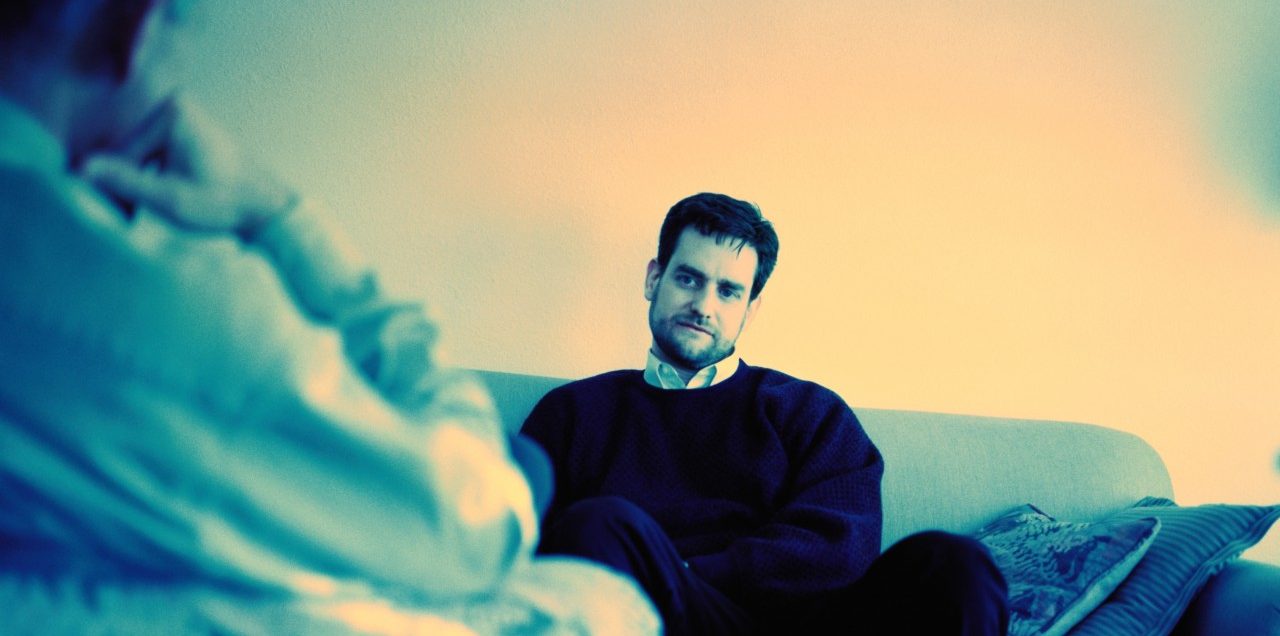How Psychology Can Fight Cancer

Psychology can reduce your cancer risk, help you feel better, and even extend your life.
When you think of cancer prevention and treatment, visiting your doctor for regular check-ups and, if cancer is spotted, getting care from an oncologist comes to mind. However, treating emotional problems and learning to avoid unhealthy patterns of behavior can also play an important role in preventing and beating cancer, according to a series of reports from the American Psychological Association.
“As evidence linking certain behaviors to cancer risk and outcomes accumulated, psychology emerged as a ‘hub science’ in the nation’s cancer control program,” explained Paige Green-McDonald, PhD, chief of the Basic Biobehavioral and Psychological Sciences Branch at the National Cancer Institute (NCI). “Psychology helps people learn to modify unhealthy behaviors that can lead to disease, and enhances the lives of people who have survived or are living with cancer.”
The American Cancer Sociiety estimates around one-third of the 1,658,370 cancer cases expected to occur in 2015 can be attributed to poor nutrition, physical inactivity, and overweight. But even though adopting a healthy lifestyle can substantially reduce the lifetime risk of developing or dying from cancer, few people actually give up their cancer-promoting habits, according to psychologist Bonnie Spring, PhD, of Northwestern University’s Feinberg School of Medicine, and colleagues. That’s where psychologists can help. Instead of patients simply being told they need to stop smoking or lose weight, psychology-based interventions that take into account personal, social, and environmental factors can be used in medical settings to change unhealthy behaviors.
While screening for colon, breast, prostate, and other cancers can improve outcomes when cancer is diagnosed early, some people avoid screening because of anxiety. Psychological research can shed light on how people decide to have cancer screening or avoid it and how screening can be successfully encouraged. Psychology also can play a role in helping doctors and patients with the decision-making process when screening poses risks that my outweigh benefits for some people, according to research headed by Jane Wardle, PhD, of the University College London.
An estimated 13.7 million people in the U.S. are currently cancer survivors. While it might seem finishing cancer treatment brings a sigh of relief and a return to life as it was pre-cancer, the truth is cancer survivors frequently face both social and psychological challenges. They often lose personal support that goes along with cancer treatment, and they may have lingering effects of radiation, chemotherapy, and other treatments, according to Annette L. Stanton, PhD, and Patricia A. Ganz, MD, of the University of California, and Julia H. Rowland, PhD, of the NCI.
Depression, anxiety about cancer recurring, insomnia, fatigue, and worry about returning to work are some of the problems that rob cancer survivors of their quality of life. However, psychological research has shown a variety of cognitive and behavioral strategies can help — including counseling, therapy to learn to process and express cancer-related feelings, mindfulness-based therapy, and yoga. The researchers recommended that cancer survivors get a psychological check-up as they transition back into post-treatment life. Emotional and behavioral problems can show up months after cancer treatment is completed, so psychological assessments should be repeated at regularly scheduled oncology appointments for at least the first year after cancer therapies are finished.
One of the more important questions about the mind and body connection is whether the emotional state can impact the progression of cancer. And, if stress and trauma can cause cancer to progress, can psychological help boost the chances of survival?
“Over the last decade, there have been groundbreaking strides in our understanding of the multiple biological pathways by which psychosocial and behavioral factors can affect cancer progression,” Susan K. Lugendorf, PhD, of the University of Iowa and Barbara L. Andersen of Ohio State University wrote in their review of studies on the subject. “It is now clear that biobehavioral factors not only affect cellular immunity but both directly and indirectly modulate fundamental processes in cancer growth, including inflammation, angiogenesis, invasion, and metastasis.”
While there is much more to learn about how stress, depression, anxiety, and other psychological factors may trigger cancer progression or recurrence, it is clear that getting help for emotional and behavioral problems is a wise prescription for cancer patients. An NCI- and National Institute on Aging-funded study of 94 women whose breast cancer had either spread or returned after treatment looked to see if these cancer patients had experienced stressful or traumatic life events. The results showed that the women who reported no stressful life events were the ones who had the longest cancer-free intervals, according to researcher David Spiegel, MD, director of the Center on Stress and Health and medical director of the Center for Integrative Medicine at Stanford University School of Medicine.
If you or someone you know has cancer and faces a traumatic life event, it’s important to get psychological help and support. "Our research has shown that people do better in the aftermath of traumatic stress if they deal with it directly,” Spiegel said. “Facing, rather than fleeing it, is important. We have conducted support groups for more than 30 years, and found that dealing with traumatic and very stressful experiences is much healthier. In other words, don't suppress your emotions."
Updated:
March 30, 2020
Reviewed By:
Janet O’Dell, RN